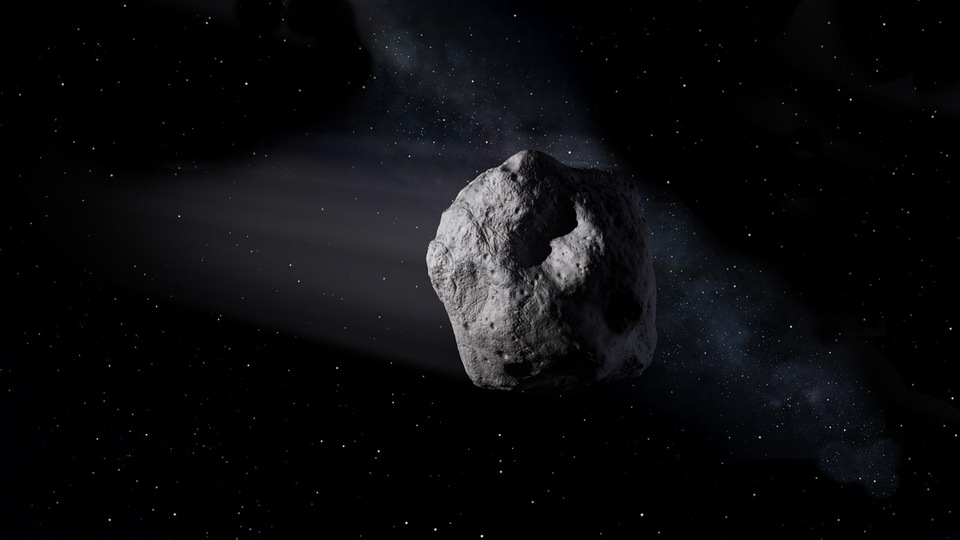Shocking speed bump! Asteroid Phaethon’s spin rate is changing
“Potentially hazardous” asteroid Phaethon’s rotational period is decreasing by 4 milliseconds per year. It’s the 11th known asteroid to show a change in its spinning period.


The Japan Aerospace Exploration Agency is planning to launch its DESTINY+ mission to fly by the near-Earth asteroid Phaethon in 2024. The spacecraft aims to fly by the space rock in 2028. However, scientists have detected a shocking fact about the "potentially hazardous" asteroid's speeding spin. According to the recent study led by a team of researchers, the asteroid's rotational period is decreasing by 4 milliseconds per year. Though it's a very small change, it could affect the DESTINY+ observations.
Findings presented at the 54th annual meeting of the American Astronomical Society's Division for Planetary Sciences in London, Ontario, earlier this month, say that the information about the spin rate will allow them to predict the asteroid's orientation during the spacecraft's flyby more accurately.
As reported by Space.com, it's rare for an asteroid's spin to change; Phaethon is the 11th and largest known asteroid to change its rotational period with an average diameter of 3.4 miles (5.4 kilometers).
Sean Marshall, a planetary scientist at Arecibo Observatory in Puerto Rico, created a model to determine the shape of Phaethon by using data and observations from 1989. This will help scientists in preparation for the DESTINY+ mission.
Marshall said, "The predictions from the shape model did not match the data." He added, “The times when the model was brightest were clearly out of sync with the times when Phaethon was actually observed to be brightest. I realized this could be explained by Phaethon's rotation period changing slightly at some time before the 2021 observations, perhaps from comet-like activity when it was near perihelion the point in its orbit nearest to the sun] in December 2020."
Though researchers are still learning about Phaethon, the DESTINY+ mission will give more insight about it. Further, Phaethon is large enough and close enough to Earth to be categorized as a potentially hazardous asteroid, but it poses no immediate threat to our planet.
Catch all the Latest Tech News, Mobile News, Laptop News, Gaming news, Wearables News , How To News, also keep up with us on Whatsapp channel,Twitter, Facebook, Google News, and Instagram. For our latest videos, subscribe to our YouTube channel.


























